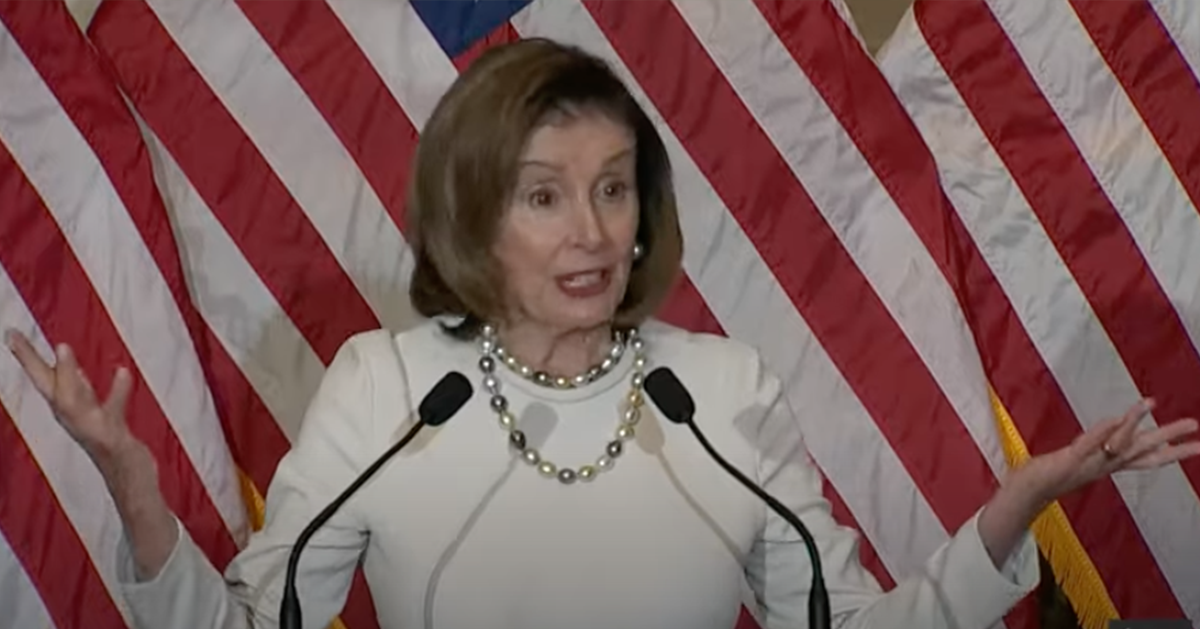Trump directs DOJ to probe conduct of 'Anonymous' author, former cybersecurity official
President Donald Trump has directed an investigation into the actions of two former government officials, Miles Taylor, and Christopher Krebs, for matters relating to their public statements about his administration and the 2020 election, and the probe seeks to determine whether they disclosed classified information without authorization.
The administration's call for an investigation followed Taylor's confirmation that he was the anonymous author of a 2018 op-ed and a subsequent book critical of Trump, as the New York Post reports.
In 2020, Taylor, who previously served as the chief of staff for the Department of Homeland Security, revealed himself as the writer behind the op-ed published in 2018, criticizing the president's leadership. In the same year, his book A Warning was released, which also contained criticisms of Trump’s administration.
The president reacted strongly to Taylor's past conduct, describing him as a "terrible guy" and suggesting his book was fiction. Trump suggested that Taylor may have committed "treason," a serious accusation that entails betraying one's country and is considered one of the most severe crimes one can commit. Trump stated, "I think he’s guilty of treason if you want to know the truth, but we'll find out."
Investigation set to proceed
Besides Taylor, the investigation also targets Krebs, who was fired by Trump in November 2020. Krebs had been the director of the Cybersecurity and Infrastructure Security Agency and openly defended the integrity of the 2020 election, labeling it "the most secure" in U.S. history.
Trump voiced his disagreement with Krebs’ claims, calling the election "a disgraceful election" and expressing doubts about its security. The president remarked about Krebs, "We’re going to find out about this guy too because this guy’s a wise guy." He accused Krebs of being dishonest and facing potential consequences if his statements were proven false.
In furtherance of his concerns, Trump signed memoranda requesting an examination into whether Taylor and Krebs unlawfully shared sensitive governmental information. The memoranda also suggest revoking their security clearances, a move that could further impede their ability to work in certain fields requiring national security clearances.
Taylor, Krebs under scrutiny
Taylor, upon learning of the investigation, expressed thoughts through social media. In a tweet, he noted, "Dissent isn’t unlawful. It certainly isn’t treasonous," and he warned of the troubling path America might be heading down. His statement highlighted concern over how differing opinions are being handled by the government.
The Justice Department, tasked with carrying out the investigations, has yet to comment on the president’s directives. Similarly, Krebs has not responded to the situation, leaving the public awaiting further developments.
Krebs, who defended his actions during his tenure, was blasted by Trump for claiming that the 2020 election was fair despite assertions to the contrary from numerous corners. Trump perceived Krebs' assertions as a betrayal and promised to investigate further into election integrity claims.
Security clearances impacted
This move by Trump comes at a politically charged time, with his continued emphasis on the need for election integrity during speeches and public appearances. By investigating the dissemination of classified information, Trump aims to address what he perceives as internal misconduct.
The implications of the investigation could extend beyond Taylor and Krebs, highlighting a broader conflict between the president and federal officials regarding loyalty and duty. As this unfolds, the focus remains on whether improper conduct occurred.
Trump's comments suggest a desire to hold accountable those he views as having wronged his administration. By ordering this investigation, he aims to scrutinize actions and statements made by both Taylor and Krebs while deciding on the appropriate consequences.
Fundamental questions of loyalty, dissent persist
The narrative surrounding Taylor and Krebs underscores the broader context of political division and the complex relationship between government officials and political leaders. This investigation signifies ongoing tensions and the potential ramifications for those involved.
For many, the inquiry represents an example of the challenging interplay between public service and political loyalty. The investigation not only puts Taylor and Krebs under the microscope but also serves as a broader warning to others in similar positions.
As developments continue, public interest in the investigation remains high, framing an upcoming discourse between the duties of public office and the boundaries of dissent. What outcomes may emerge from this are yet to be determined.
The situation draws attention to how disagreements over public statements and actions are handled at the highest levels of government. With the investigation continuing, details and outcomes will shape perceptions of accountability and transparency in handling classified material and political disagreements.
While the focus remains on Taylor and Krebs, the wider implications regarding governance and dissent extend beyond individuals’ accountability. The unfolding events signal a reflective moment for how dissent and loyalty intertwine in the political landscape.




